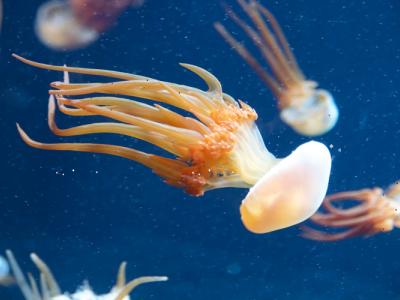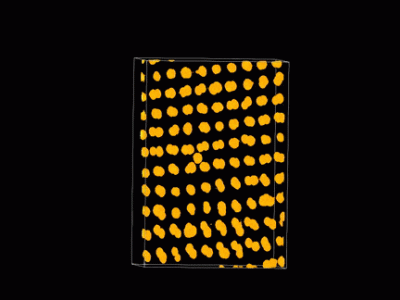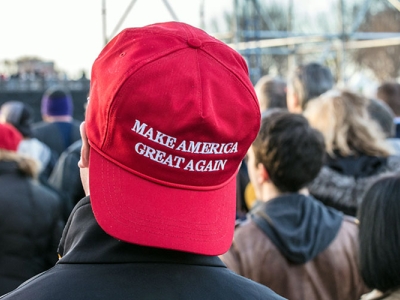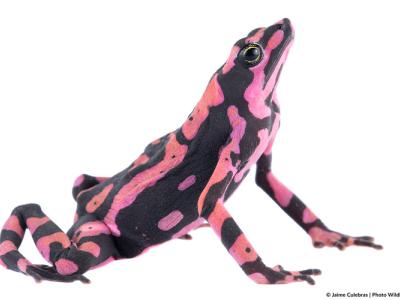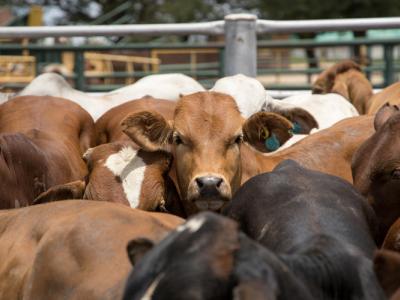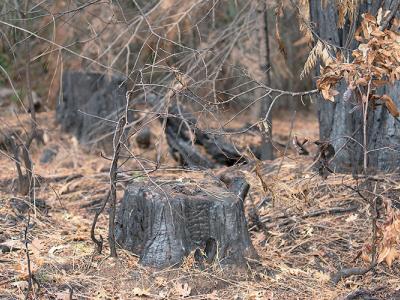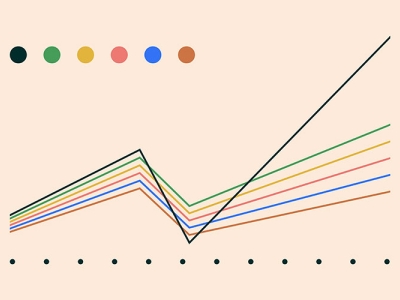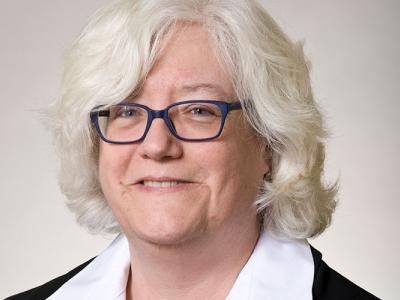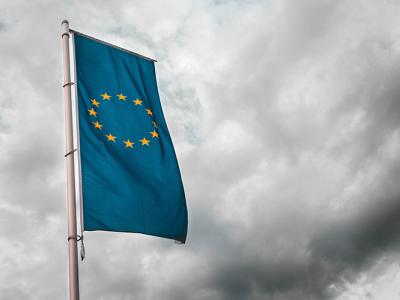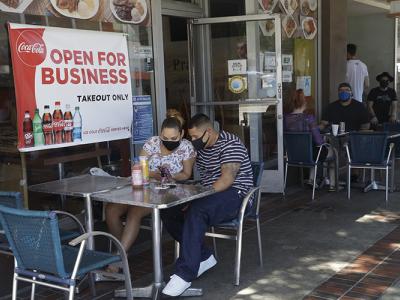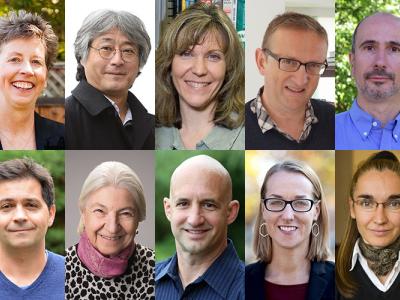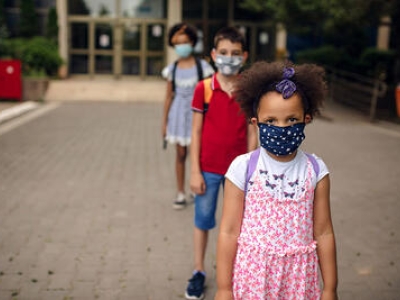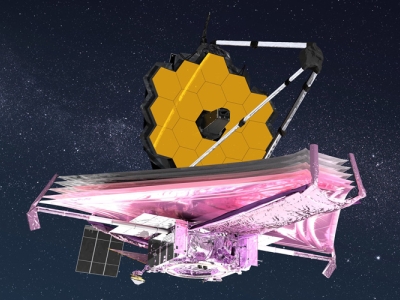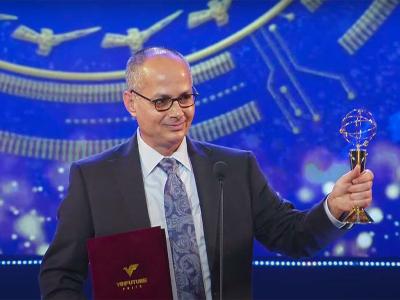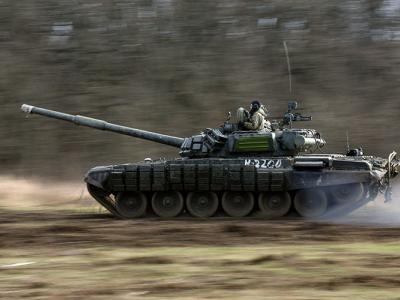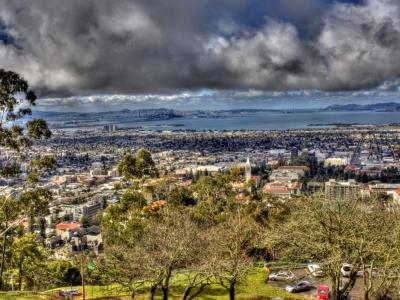Many of today’s marine invertebrates, including sponges and jellyfish, have chromosomes with the same ancient structure they inherited from their primitive ancestors more than 600 million years ago, according to a new study.
Research News
Learn more about UC Berkeley's researchers and innovators.
Showing 865 - 880 of 3495 Results
A research team led by Lawrence Berkeley National Laboratory (Berkeley Lab) has demonstrated tiny concentric nanocircles that self-assemble into an optical material with precision and efficiency.
Centuries of slavery, Jim Crow laws and other structural racism have imposed far-reaching costs on Black individuals and communities. What sets the current era apart is wide acceptance among Americans that racism is wrong and harmful. But where blunt racial prejudice has faded, racial resentment is potent, but widely misunderstood.
While frog and salamander declines worldwide have made scientists outspoken about the need to preserve amphibian genetic diversity, two University of California, Berkeley, biologists emphasize another important reason for conserving these animals: their poisons.
A new study of the climate impacts of raising animals for food concludes that phasing out all animal agriculture has the potential to substantially alter the trajectory of global warming.
For more than 50 years, York and other Berkeley forestry researchers have used Blodgett as a living laboratory to study how different land management treatments — including prescribed burning, restoration thinning and timber harvesting — can reduce the risk of severe wildfire and improve a forest’s resilience to the impacts of climate change.
UC Berkeley economists have launched a powerful new web tool that allows users to track, almost in real time, how economic growth and public policy affect the distribution of income and wealth among classes in the United States.
Rosemary Joyce, professor of anthropology, has been awarded an honorary doctorate from Leiden University in the Netherlands.
The co-editors of The Palgrave Handbook of EU Crises discuss their research that explores the European Union’s institutional and policy responses to crises across policy domains and institutions, including the Euro crisis, Brexit, the Ukraine crisis, the refugee crisis and the global health crisis caused by COVID-19.
Race-conscious policy that provides financial and commercial rent relief, and improved employee benefits and federal data collection mandates for financial institutions, could help prevent the disproportionate economic impact that COVID-19 has had on minority-owned businesses.
Ten members of the UC Berkeley community – including nine faculty and one staff member — have been elected American Association for the Advancement of Science (AAAS) fellows, one of the most distinctive honors within the scientific community.
Elementary students from low-income families increasingly attend different schools than middle-class peers—a nationwide trend that holds negative consequences for learning among kids who are living in poverty, a new study finds.
NASA’s latest and snazziest mission, the James Webb Space Telescope (JWST), launched on Christmas Day, deployed its 21-foot-wide mirror a mere two weeks ago and reached its orbital destination earlier this week.
The first VinFuture Special Prize for Innovators with Outstanding Achievements for Emerging Fields was awarded to Professor Omar M. Yaghi for the discovery of metal-organic frameworks (MOFs).
Berkeley News talked with two veteran Russia scholars: George Breslauer and M. Steven Fish, both political scientists at UC Berkeley.
Based on their decades of research and experience with contemporary Russia, they offered compelling insights into the mind and heart of Russia’s leader: his immediate objectives in Ukraine and his overarching vision for Russia. They also reflected on the U.S. response to Putin’s military threat, the field of options for both sides, and possible long-term scenarios.
A new study from the labs of Professors S. Lawrence Zipursky (opens in a new tab)(UCLA) and Karthik Shekhar(opens in a new tab) (UC Berkeley) presents significant findings that shine an exciting light on our understanding of the influence of vision during the critical period of development in the mouse visual cortex.

